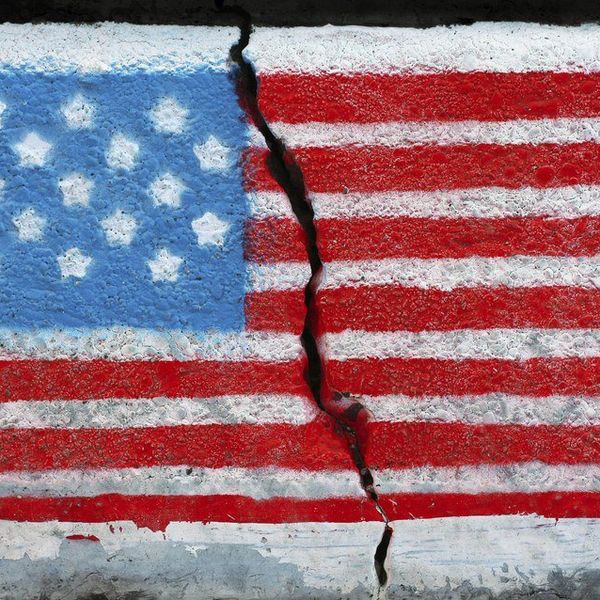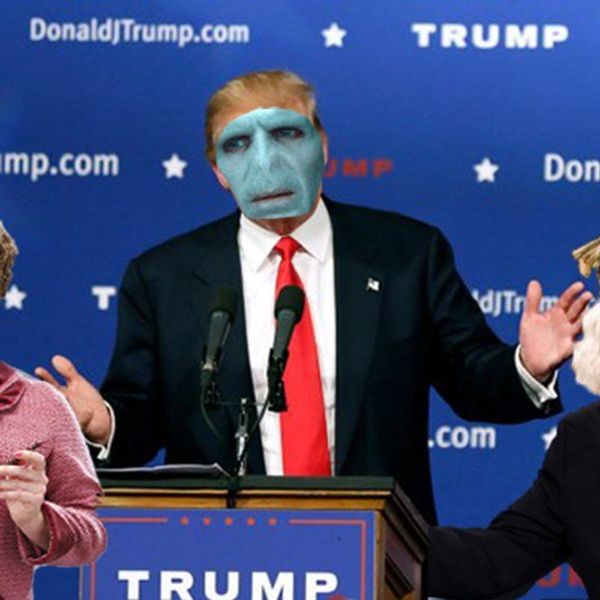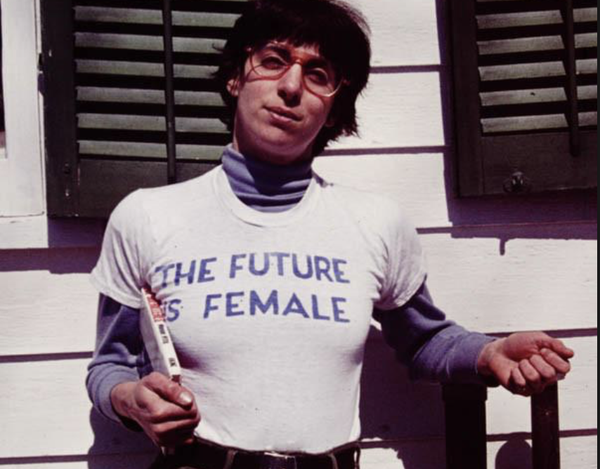Election day has passed, and the results are in. Donald Trump is the President-Elect. And many are not happy about it. Perhaps for a good reason. Trump won the electoral college vote. But he did not win the popular vote. In fact, there has been news recently that Hillary may have won the popular vote by even more than originally thought.
So, in the past week, protests have taken place all across the nation. Many are not okay with someone in the Oval Office that has made countless racist, sexist, and xenophobic remarks in the past; and that is soon to go on trial for several rape charges. And there are others not happy that while Hillary had the majority of the vote from the citizens of the United States, Trump won due to the vote of the electoral college.
I am among those who are not pleased. This election, along with elections such as the 2000 one, are prime examples of how almost unnecessary, and even harmful, the electoral college can seem. They raise the question, what is the electoral college even for?
To understand it, it helps to first understand the history of the electoral college and why it was created. The college was created waaay back when the Constitution was created (1787 for you non-history buffs). At that time, it was created for a few reasons, most of them just due to a growing country and an uncertain future. But there were two big, main reasons, and both are problematic: the people and division.
At the time, it should come as no surprise that there wasn't really any good, speedy, reliable way to spread information all over the U.S. People were very spread out, and live was pretty local. No one was really considering keeping up with politics one of their priorities. So, the founding fathers feared that there was no way the average American would be completely unable to make good use of their vote, and chaos would result.
The second reason was basically because they wanted to keep slavery. A little while later (1803) after a few changes had been made to the original college, James Wilson suggested a direct vote to elect the president since the E.C. was already a bit useless. But, knowing the North would outnumber the South that way, James Madison opposed. With the electoral college, the South could use the 3/5th's rule to get in a few extra votes for their agenda on their end.
Obviously, neither of those main reasons apply today. With a two party system and the internet, people can easily figure out what each candidate stands for, and can then decide who to use their vote on. And slavery was abolished a good while ago. At this point, clearly, the reasons for the electoral college are outdated.
However, their are many other ways the electoral college is flawed. It's in the numbers. Each state gets two senators, and a number of representatives based on the population of the state. So for California there are 55, and for Wyoming there are three. Each of these representatives represents a certain number of people. Because Wyoming has only one representative (three including the senators), the number of people they are representing is a lot higher than the number of people for a representative in California. Essentially, that means that the vote in Wyoming is worth a lot more than in California.
And there are still many other, albeit a bit smaller, reasons. A candidate can win without the popular vote, but the vice versa is extremely rare. Campaigns can completely leave out states if they know they won't get the vote, and then they can pander to swing states. The only time the electoral college is used is to elect the president. It creates the possibility of a tricky 269-269 tie, in which some complicated, very scary procedures and decisions take place. And it makes it almost impossible for third-party candidates to win.
While there are even more reasons to abolish the electoral college, there are a few very good ones that provide good reason not to. With the E.C., a dispute in outcome is a lot less likely than a dispute with the popular vote (since there's a much bigger number to count). It ensures that a presidential candidate doesn't just decide to campaign in one region, since no one region can decide the vote. It avoids the problem of no candidates getting the majority.
There are plenty of good reasons why the electoral college should go, but there are also plenty of good reasons that it should stay. And all of these have been brought to attention and fought over recently with the outcome of the election. The system is outdated, and it is definitely time for a change. Whether that means the abolishment of the electoral college or an amendment to the Constitution is for the future to decide.





















